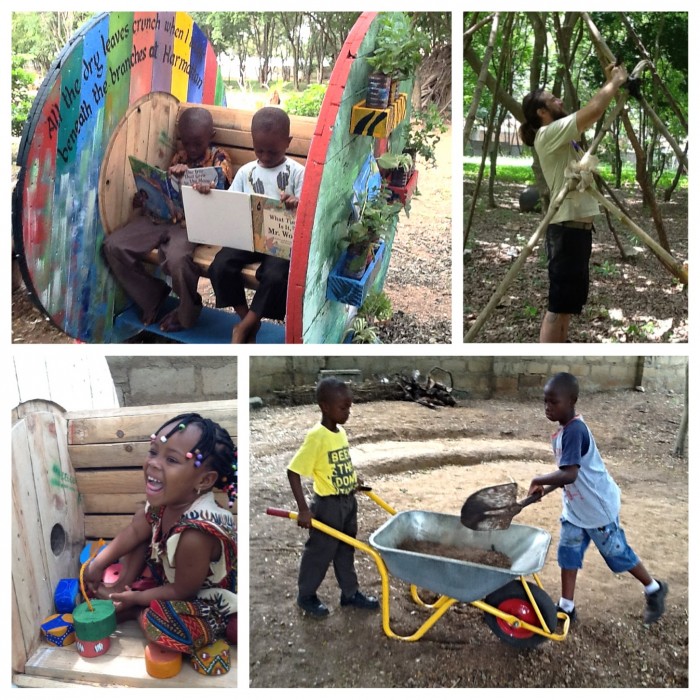
In partnership with an international network of architects, planners, engineers, educators, artists, as well as local experts, community leaders, and teenagers, Ghana’s Mmofra Foundation is a non-profit organisation set to establish a sustainably designed, child-focused park.
Since its inception in 1997, the Mmofra Foundation has worked to enrich the lives of children through creativity, art and sustainable design. Now, in their latest initiative titled “Playtime in Africa”, the foundation will transform a two-acre plot in Accra’s Dzorwulu neighborhood into Mmofra Place.
Ghana is home to a young population. Over 40 percent of the population is under the age of 15-years and the median age is 21-years. With a rapidly urbanising infrastructure, spaces for children to play outside of school grounds is severely limited. As a result, children create their own play spaces, often in unsafe or unsuitable environments.
According to Mmofra, spaces for children to be creative is essential to the growth of the population. “We are already creating small modular elements and new playspace features using or reusing what we find around us. The great thing is, even without a single permanent structure yet, “placemaking” is underway as the foundation kids and other groups make themselves at home here!” writes the foundation.
The project was inspired by Playtime in Africa, a photo essay by Efua T. Sutherland and Willis Bell. Published in the early 60s, the book captured the imaginative games played by children all over Ghana. The Mmofra Foundation hopes to capture the essence of Playtime in Africa in their new space.
“Fifty years later it remains remarkably current, showcasing a timeless sense of joy and playfulness that has too few outlets in urban Ghana today.”
By sourcing local materials and building a compostable toilet, the Mmofra Foundation plans to keep the project sustainable. Plans for Mmofra Place to include a community garden, performance space, library, and multiple green spaces.
While some developments have already taken place, the foundation plans to adopt a phased development strategy. So far, the community has helped create a modular play area, public art, and vegetable plots.






